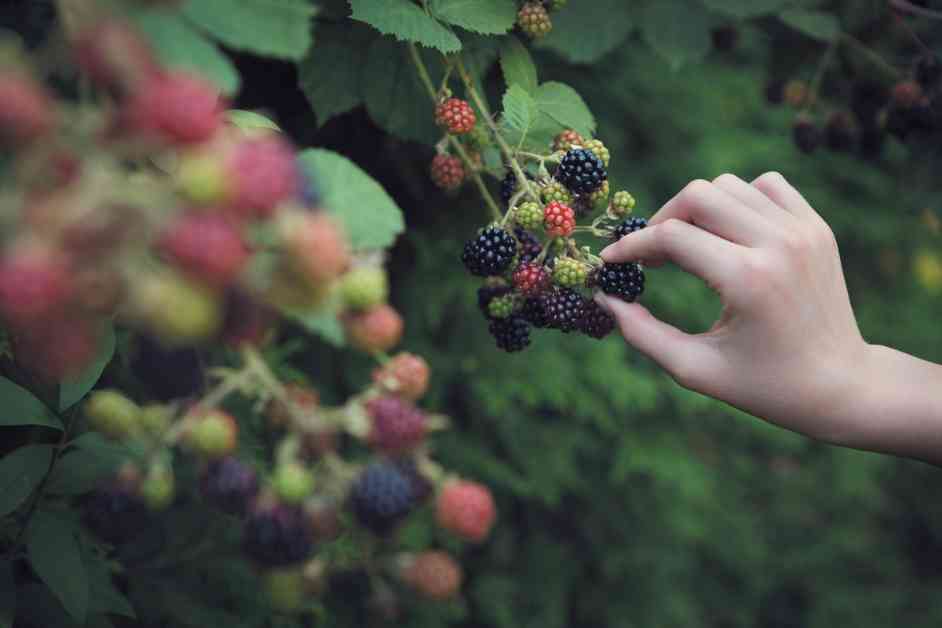Robin Wall Kimmerer, a renowned ecologist and member of the Citizen Potawatomi Nation, has been making waves with her latest book, The Serviceberry: Abundance and Reciprocity in the Natural World. Following the success of her previous book, Braiding Sweetgrass, Kimmerer continues to explore the intersection of Indigenous wisdom and scientific knowledge, this time focusing on the concept of abundance in nature and how it can inform our economies and communities.
In The Serviceberry, Kimmerer delves into the idea of the gift economy and how Indigenous wisdom, particularly the Honorable Harvest guidelines, can shape our understanding of reciprocity and gratitude towards the natural world. Through lyrical prose and personal anecdotes, she invites readers to consider a world where giving is liberated from market constraints and scarcity is replaced by abundance.
One of the key themes in Kimmerer’s book is the importance of recognizing “enoughness” in a society that constantly urges us to consume more. By highlighting the small acts of generosity and reciprocity that exist in our everyday lives, Kimmerer challenges readers to rethink their relationship with the natural world and with each other. She emphasizes the need to reclaim a sense of community and neighborliness, especially in an increasingly urbanized world where the connection to the land is often lost.
While Kimmerer acknowledges the challenges of transforming our current economic systems, she offers a hopeful message rooted in the concept of ecological succession. Just as disturbances in nature can lead to transformation and renewal, she suggests that we can create conditions for economic succession towards a more reciprocal and sustainable future. By imagining new ways of being and actively working towards change, Kimmerer believes that we can build economies and communities that honor the abundance of the natural world.
In a world dominated by profit-driven capitalism, Kimmerer’s message of reciprocity and gratitude offers a refreshing perspective on how we can rethink our relationship with the Earth and with each other. Through her thoughtful insights and personal reflections, she challenges readers to consider the deeper connections we once had to the land and to embrace a more generous way of living. As we grapple with the urgent need for environmental and social change, Kimmerer’s words serve as a powerful reminder of the transformative potential that lies in recognizing and honoring the gifts of nature.




